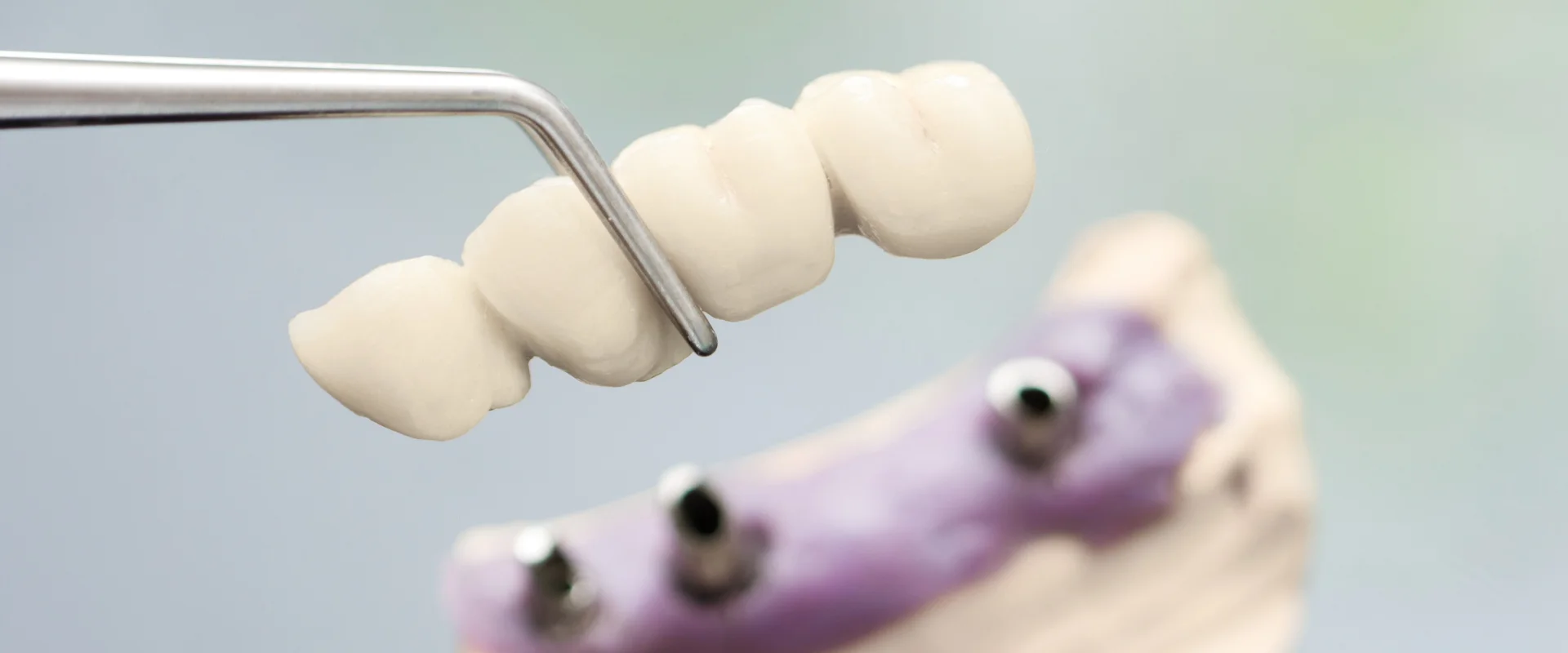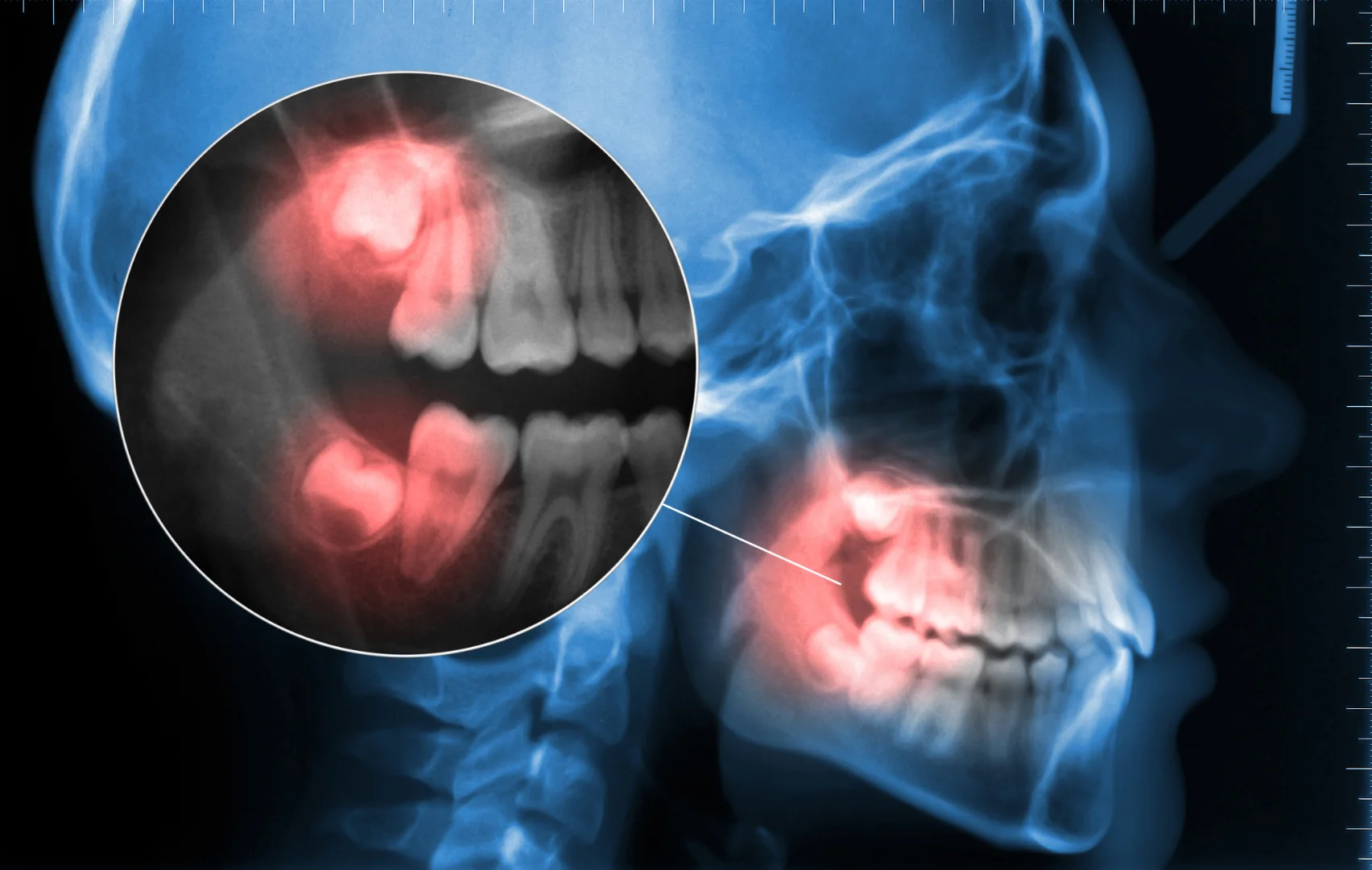Introduction to Dental Implants
Dental implants have revolutionized the treatment of tooth loss, providing a lasting and natural-looking option for individuals with missing teeth. Unlike traditional dentures or dental bridges, a dental implant acts as an artificial tooth root, typically made from titanium, that is surgically placed into the jawbone. This strong foundation allows for the secure attachment of a dental crown, bridge, or even full mouth dental implants, resulting in a restoration that looks, feels, and functions like your own natural teeth. Dental implant procedures are tailored to each patient’s needs, and with the guidance of a skilled dental professional, you can explore a range of treatment options to restore your smile and improve your oral health. Whether you are missing a single tooth or require a complete set of artificial teeth, dental implants provide a reliable and long-lasting alternative to traditional dentures, helping you regain confidence and comfort in your daily life.
Types of Implants
Endosteal implants are the most common type of dental implant, placed directly into the jawbone to provide stable support for various dental restorations. Subperiosteal implants, which are placed above the jawbone but beneath the gums, are an alternative for patients with insufficient bone who may not be candidates for endosteal implants.
- Single missing tooth implant: when both the tooth and root are damaged on a single tooth, the best permanent replacement is a single dental implant in conjunction with a ceramic crown.
- Multiple missing tooth implants: when replacing a few teeth in the far back of the mouth, a fixed bridge anchored to dental implants is the only fixed alternative.
- All teeth missing implants: when all teeth are missing, a full arch of teeth can be restored using dental implants and a fixed bridge, providing a permanent, stable, and highly esthetic solution. This approach is suitable for patients missing multiple teeth or an entire arch.
- All-On-4® Implants: this relatively new technique uses four implants to support a full arch of prosthetic teeth, often in the upper or lower jaw. The new implants are situated at mechanical inclinations that maximize support, making it ideal for restoring upper or lower teeth, including lower teeth. This means a less invasive process, which would mean less expense.
In some cases, preparatory procedures such as bone graft or ridge modification may be necessary if the jawbone is too thin, deformed, or lacks sufficient volume to support implants. For implants in the upper jaw, a sinus floor elevation (sinus lift) may be required to create enough bone height for successful implant placement.
Preparing for Dental Implant Surgery

Proper preparation is key to a successful dental implant surgery. Before your procedure, your dental professional will assess your oral health and discuss any health conditions or medications that could impact your treatment. Maintaining healthy gum tissue and overall oral hygiene is essential, as it helps create the best environment for your new implant. Your personalized treatment plan will outline the type of implant best suited for your needs, how many teeth will be replaced, and the anesthesia options available—ranging from local anesthesia to general anesthesia or sedation, depending on your comfort and the complexity of the procedure. In some cases, additional procedures such as bone grafting or sinus augmentation may be recommended to ensure there is enough bone to support the implant. By following your dental professional’s instructions and preparing thoroughly, you can help ensure a smooth and successful dental implant experience.
The Dental Implant Procedure

The dental implant procedure is a multi-step process designed to provide a stable and lasting replacement for missing teeth. It begins with a comprehensive consultation and treatment planning session, where your dental professional will evaluate your jawbone and gum tissue to determine the best approach. During the surgery, a small incision is made in the gum to expose the jawbone, and a metal post—most commonly an endosteal implant—is carefully inserted into the bone. The gum is then closed over the implant, and a healing period follows, allowing the implant to fuse with the bone in a process called osseointegration. This integration can take several months, during which a temporary dental crown or bridge may be placed to maintain function and appearance. Once the implant is securely anchored, an abutment is attached, and a custom dental crown or bridge is fitted, completing your new, natural-looking smile. The entire procedure is tailored to your individual needs, ensuring the best possible outcome for your oral health and appearance.
Recovery and Aftercare

After your dental implant surgery, following a dedicated recovery and aftercare plan is essential for optimal healing and long-term success. Your dental professional will provide specific instructions, which may include limiting physical activity, sticking to a soft food diet, and taking prescribed medications to manage discomfort and prevent infection. Attending all scheduled follow-up appointments is important for monitoring your progress and ensuring the implant is integrating properly with the bone. Maintaining excellent oral hygiene by brushing and flossing regularly will help protect both your new implant and your remaining teeth. With proper care and regular check-ups, most dental implants can last a lifetime, allowing you to enjoy a healthy, confident smile for years to come.
Improved Speech, Comfort, and Eating
Poor-fitting dentures can slip in your mouth, causing impaired speech. Dentures rest on the gums, which can lead to irritation and discomfort, while dental implants are anchored in the jawbone, helping to preserve gum health. Implants eliminate the pain and discomfort of removable dentures and improve your speech.
Additionally, sliding dentures can make eating and chewing difficult and even painful. Dental implants function like your own teeth, which allow you to eat your favorite foods without pain.
Dental implants can address a variety of dental issues, such as missing teeth, and help restore normal function and comfort.
Improved Self-esteem and Oral Health
Dental implants can give you back your smile and help you feel better about yourself. A healthy smile can boost your overall confidence, making you more comfortable in public situations – especially when eating or speaking. Implants improve oral hygiene by allowing easier access between teeth. Implants can also resolve bite problems caused by missing tooth space. Dental implants are a reliable way to replace teeth and restore a natural appearance. Dental implants can eliminate the embarrassing inconvenience of messy denture removal and adhesives. Implants, with good care, may last a lifetime. They are durable and more convenient than traditional dentures. While rare, implant failure and nerve damage are potential risks of dental implant procedures, but these can be minimized with proper planning and care.
Without the root structure of a natural tooth present, the jawbone can shrink, which can make your face appear older than it is. Dental implants help prevent bone loss and preserve facial structure, supporting the jawbone and maintaining your natural appearance. Anyone who is missing their teeth as a result of disease, injury, or simple tooth decay should consider how dental implants can be beneficial.
Dental implants are stable and comfortable with no loose parts. Generally speaking, people who are in good enough health for a tooth extraction are well enough to have a dental implant procedure. Contact us today to discover if you are a candidate for dental implants. After an evaluation of your health and dental history, we can guide you to a thoughtful decision. At Solace implant center & Oral Surgery, we are happy to answer any questions. Contact us today.



